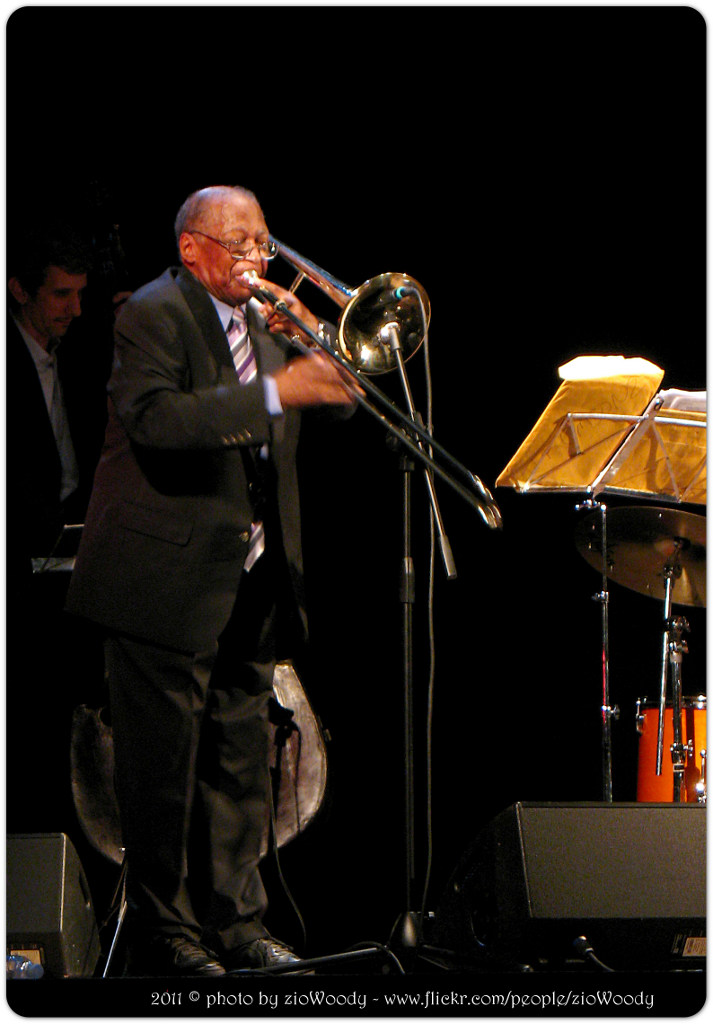
Mark Feldman – violinist (photograph by Valerie Trucchia)
Audio clip: Adobe Flash Player (version 9 or above) is required to play this audio clip. Download the latest version here. You also need to have JavaScript enabled in your browser.
Download the PDF: C, Bb, Eb, Bass Clef
Charms of the Night Sky, written by Dave Douglas and performed by: Dave Douglas, trumpet; Greg Cohen, acoustic bass; Mark Feldman, violin; Guy Klucevsek: accordion. From Charms of the Night Sky, recorded 1998 and released on the Winter & Winter label.
I’ve been drawn to this solo (the whole album, really) since the first time I heard it. I love the combined timbres of accordion+violin and accordion+trumpet, and so many beautiful textures and combinations are explored on this album. Even just during the violin solo. One thing that really turned me onto this solo in particular is the subtly nebulous nature of the rhythm which seems to fight the underlying rhythm, but without sounding ‘wrong’ in any sense of the word. (I first noticed this kind of rhythmic stretching/contracting listening to Miles Davis, such as his solos on Sweet Pea and the title track of the album Water Babies – it’s really inspiring how Miles goes in and out of the groove without disrupting it.) Continue reading
